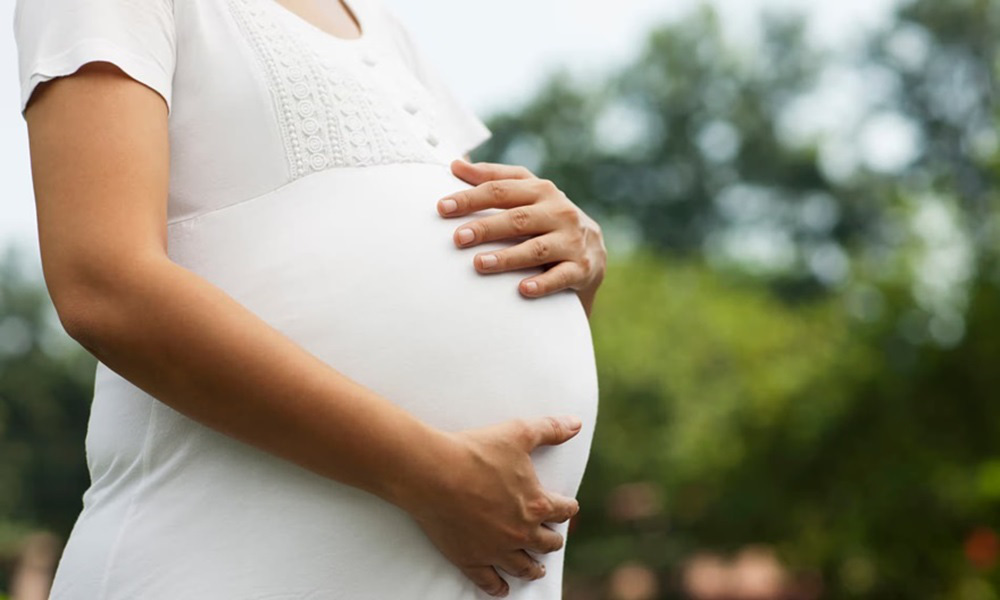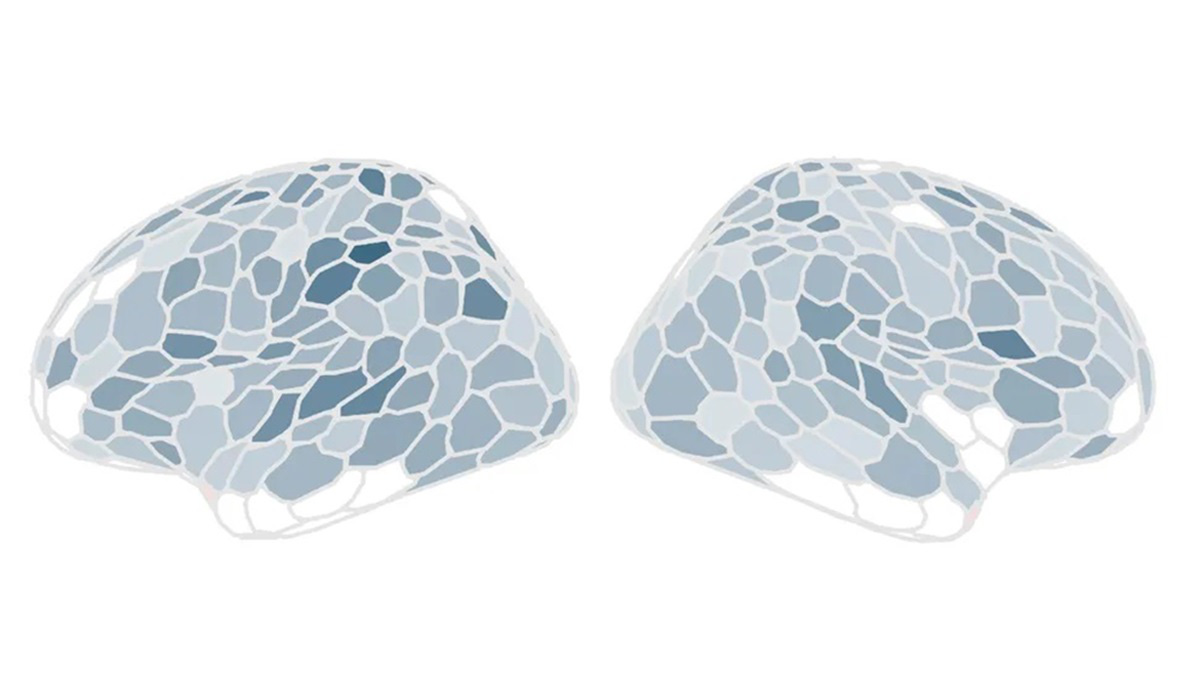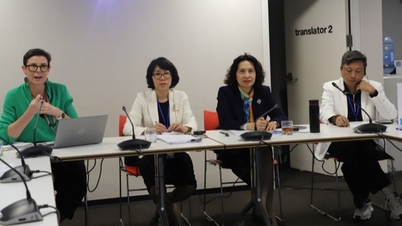
A pregnant woman's body undergoes many changes to adapt to preparing for motherhood - Photo: Getty Images
The study tracked brain structure changes during pregnancy by imaging a person's brain before, during pregnancy, and up to two years after giving birth.
According to ScienceAlert on September 17, a group of American neuroscientists performed 26 brain MRI scans on a healthy 38-year-old woman who conceived through IVF. The results of the MRI scans showed extensive reorganization in the mother's brain, including some short-term changes and some lasting for many years.
The most obvious change is a steady decrease in the volume and thickness of gray matter (the folds of the brain) throughout pregnancy, and a temporary peak in neural connections at the end of the second trimester (the middle 3 months of pregnancy).
Specifically, during pregnancy, more than 80% of the gray matter in the brain regions tested shrinks by an average of 4%, although everything returns to normal after the end of pregnancy. This 4% figure is equivalent to the amount of loss during puberty.
The surge of hormones during puberty is accompanied by a decrease in gray matter as the brain sheds excess tissue to function more efficiently. The same thing may happen during pregnancy, according to Emily Jacobs, a researcher at the University of California, Santa Barbara (UCSB) and co-lead author of the study.

The brain loses some of its wrinkles (grey matter) during pregnancy - Photo: Laura Pritschet
While gray matter shrinkage may sound scary, these changes are probably a good thing, the researchers say, as they may reflect the restructuring of finite brain tissue in preparation for motherhood.
Additionally, the study found that the microstructure of white matter (a measure of the brain's neural network) increased, peaking at the end of the second trimester before decreasing. Cerebrospinal fluid and brain cavities (ventricles) also increased in size. These changes are related to increased hormones.
The research paves the way for a much deeper understanding of the maternal brain during pregnancy. It also marks the launch of the Maternal Brain Project, an international effort to collect similar brain scans from more pregnant women, according to the Guardian.
The team is conducting MRI scans on other pregnant women to better understand the risks of postpartum depression, the link between preeclampsia and postpartum dementia, and why pregnancy may help reduce migraines and symptoms of multiple sclerosis.
To date, few studies have looked at what happens to the brain during pregnancy. In 2017, researchers showed that pregnancy coincides with a significant reduction in gray matter.
Source: https://tuoitre.vn/chat-xam-trong-nao-phu-nu-bi-teo-lai-khi-mang-thai-20240917110749123.htm



![[Photo] General Secretary To Lam receives President of the Senate of the Czech Republic Milos Vystrcil](/_next/image?url=https%3A%2F%2Fvphoto.vietnam.vn%2Fthumb%2F1200x675%2Fvietnam%2Fresource%2FIMAGE%2F2025%2F11%2F21%2F1763723946294_ndo_br_1-8401-jpg.webp&w=3840&q=75)
![[Photo] President Luong Cuong receives Speaker of the Korean National Assembly Woo Won Shik](/_next/image?url=https%3A%2F%2Fvphoto.vietnam.vn%2Fthumb%2F1200x675%2Fvietnam%2Fresource%2FIMAGE%2F2025%2F11%2F21%2F1763720046458_ndo_br_1-jpg.webp&w=3840&q=75)

![[Photo] Visit Hung Yen to admire the "wooden masterpiece" pagoda in the heart of the Northern Delta](/_next/image?url=https%3A%2F%2Fvphoto.vietnam.vn%2Fthumb%2F1200x675%2Fvietnam%2Fresource%2FIMAGE%2F2025%2F11%2F21%2F1763716446000_a1-bnd-8471-1769-jpg.webp&w=3840&q=75)
![[Photo] National Assembly Chairman Tran Thanh Man holds talks with President of the Senate of the Czech Republic Milos Vystrcil](/_next/image?url=https%3A%2F%2Fvphoto.vietnam.vn%2Fthumb%2F1200x675%2Fvietnam%2Fresource%2FIMAGE%2F2025%2F11%2F21%2F1763715853195_ndo_br_bnd-6440-jpg.webp&w=3840&q=75)







































































































Comment (0)